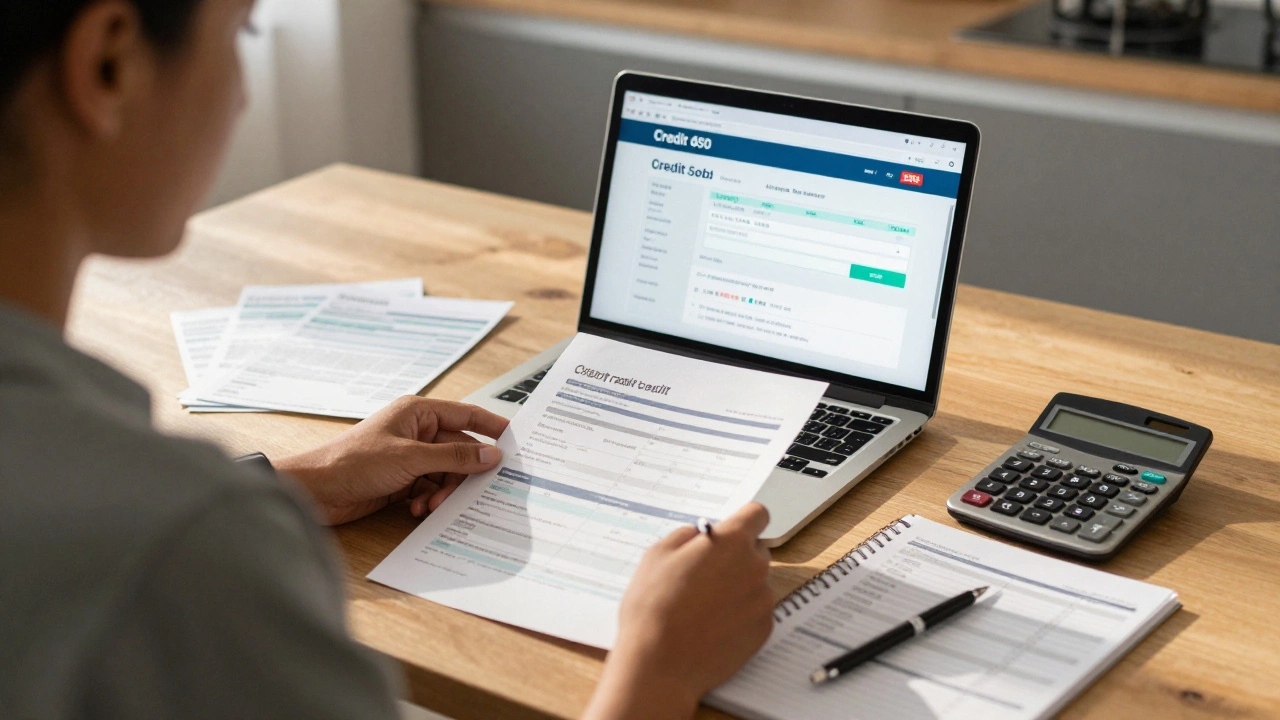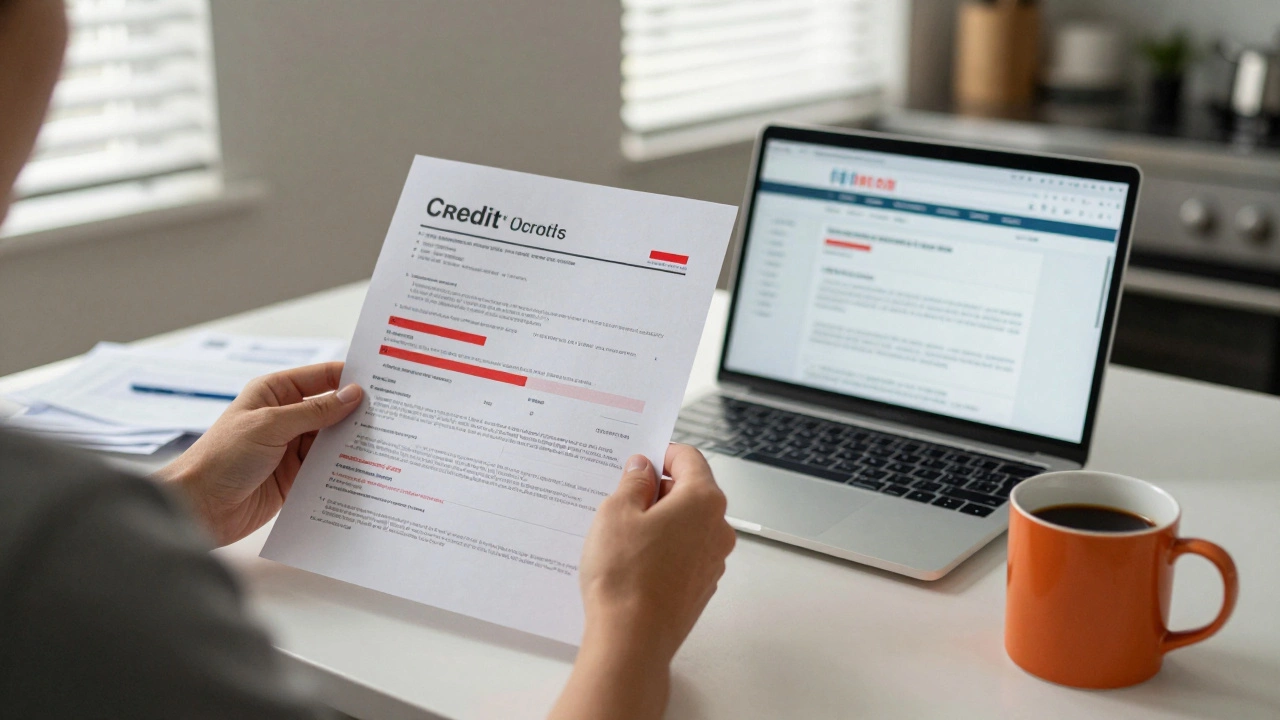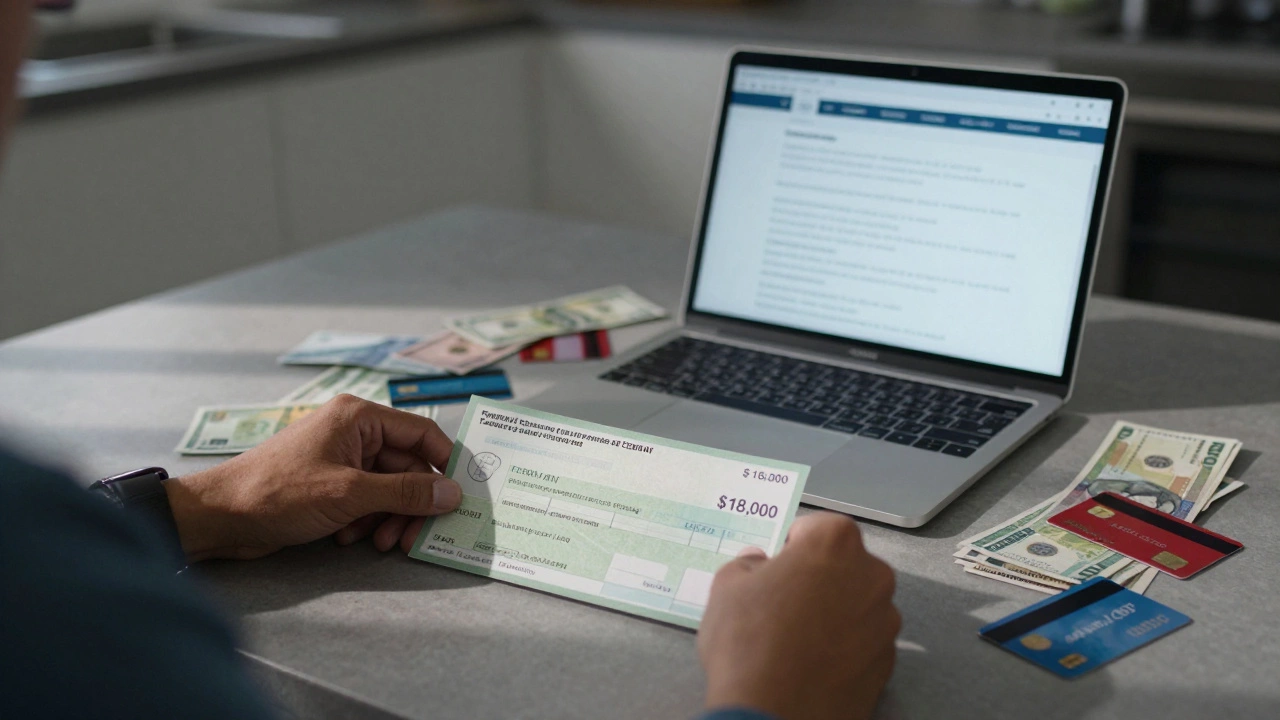Debt Management: Simple Steps to Take Control of Your Money
Feeling buried under bills? You’re not alone. Debt can feel like a heavy weight, but a few clear actions can lighten the load fast. Below you’ll find straight‑forward advice you can start using right now.
First, list every debt you owe. Include the name of the creditor, balance, interest rate, and minimum payment. Seeing the whole picture helps you spot the most expensive loans and plan where to focus your effort.
Choose the Right Debt Relief Option
Not all relief programs are created equal. Debt consolidation rolls all your balances into one loan, often with a lower rate. It simplifies payments but doesn’t erase the debt, so you still owe the same total amount.
Debt settlement, on the other hand, involves negotiating with creditors to accept less than what you owe. This can drop your balance quickly, but it usually harms your credit score and may trigger tax consequences.
If you’re struggling to make any payment at all, a debt management plan (DMP) through a reputable counselor might be the answer. A counselor works with creditors to lower interest and create a single monthly payment you can afford.
Boost Your Credit While Paying Down Debt
Worried that any relief will tank your credit? Some impacts are temporary. Paying off high‑interest cards first, known as the avalanche method, reduces the amount of interest you pay and improves your utilization ratio, which can raise your score within months.
Keep old accounts open, even after they’re paid off. Closing them can shrink your total credit limit and push your utilization higher, which hurts your score.
Set up automatic payments for at least the minimum due. On‑time payments are the biggest factor in credit scoring, so consistency wins over occasional large payments.
Look for hidden fees before you sign any consolidation or settlement agreement. Some lenders add origination fees, early‑payoff penalties, or higher rates after a promotional period. Those costs can undo the savings you expect.
Boosting income can speed up repayment. A side gig, renting out a spare room, or selling items you no longer need can add extra cash each month. Put every extra dollar toward the highest‑interest balance first to see the most progress.
Finally, track your progress weekly. Seeing the balance shrink keeps you motivated and helps you adjust the plan if something isn’t working.
Debt management isn’t a one‑size‑fits‑all solution, but with a clear picture, the right tool, and disciplined habits, you can regain control and protect your credit at the same time.
Does Your Credit Score Go Up When You Consolidate Debt?

Debt consolidation can improve your credit score by lowering credit utilization and simplifying payments-but only if you avoid new debt and keep old accounts open. Learn how it works, when it helps, and when it hurts.
Read More >>What Credit Score Do You Need to Consolidate Debt in 2026?

You don't need a perfect credit score to consolidate debt - just one above 650. Learn the real numbers, what lenders look for, and how to actually get out of debt without falling deeper.
Read More >>What Are the Negative Effects of Debt Consolidation?

Debt consolidation can seem like a quick fix, but it often hides hidden costs, longer repayment terms, and risks to your credit score and assets. Learn the real downsides and when it actually helps.
Read More >>What to Do When No One Will Give You a Loan: Real Steps for Debt Relief in Australia

If you've been denied a loan in Australia, you're not out of options. Learn how to fix your credit, use free debt counselling, and avoid dangerous alternatives like payday lenders. Real steps for recovery without borrowing more.
Read More >>Do Consolidation Loans Hurt Your Credit? Here’s What Actually Happens

Consolidation loans can temporarily lower your credit score, but if you make on-time payments and avoid new debt, they can help rebuild it over time. Here's what really happens to your credit.
Read More >>How Long Do You Have to Pay Off a Debt Consolidation Loan?

Debt consolidation loans typically have terms of 3 to 7 years. How long you actually pay depends on your loan terms, interest rate, and whether you make extra payments. Paying faster saves money and gets you debt-free sooner.
Read More >>Top Debt Consolidation Loans: Find the Best Option for 2025

Discover the top debt consolidation loans of 2025, compare rates, fees, and terms, and learn how to pick the best option for your credit situation.
Read More >>Does Debt Relief Hurt Your Credit? What Really Happens

People are often stuck wondering if debt relief is a fast track to financial freedom or a disaster for their credit score. This article explains exactly what happens to your credit when you choose debt relief programs, breaking down the real risks and surprises. Explore how different options—from debt settlement to consolidation—can affect your score and what to expect on your credit report. You'll get straightforward tips to protect your finances and rebuild your credit if you decide to go for debt relief. No confusing jargon or abstract theories—just clear answers you can use.
Read More >>Debt Consolidation: Uncovering the Downsides

Debt consolidation might seem like an easy fix, but it's essential to understand its pitfalls. While it can simplify payments, it doesn't reduce the overall debt and could extend it. Hidden fees and potential impacts on credit scores are real concerns. Not all plans truly cater to individual needs, and there is a risk of falling back into debt if spending habits aren't addressed.
Read More >>Is Getting Approved for Debt Consolidation Really That Tough?

Debt consolidation can be a smart move for reducing financial stress, but getting approved isn't always a piece of cake. Your credit score, debt-to-income ratio, and even the specifics of your finances play crucial roles. This guide covers the ins and outs of what lenders look for and provides tips to boost your chances of approval. Find out how to better prepare and navigate this process for a successful outcome.
Read More >>Effective Strategies for Paying Off $60,000 in Debt

Overcoming $60,000 in debt is challenging but achievable with the right strategies. This long-read article explores various debt consolidation techniques, budgeting tips, and lifestyle changes to help individuals pay off large sums effectively. Discover practical advice, from negotiating lower interest rates to increasing income streams, aimed at achieving financial freedom.
Read More >>